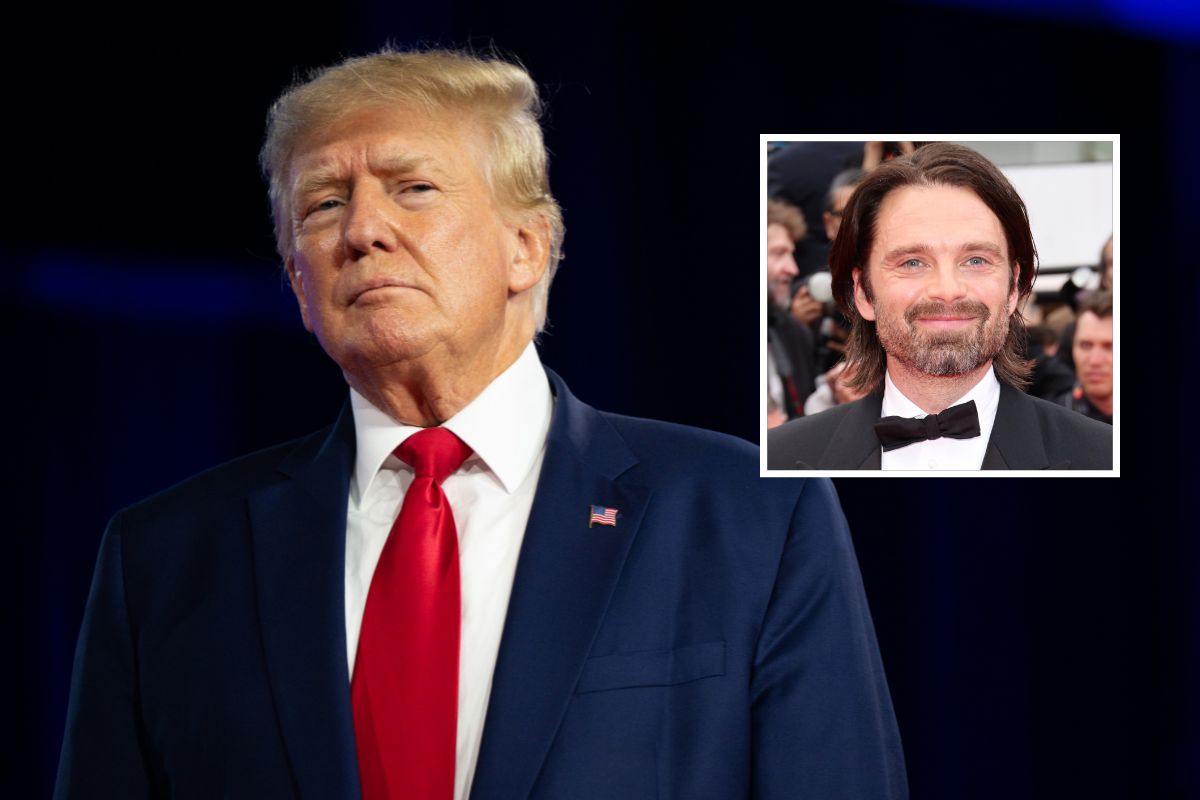Questions regarding President Donald Trump's financial interest in Turkey remain unanswered, and are part of a "disturbing" pattern of the president putting his financial interests above those of the nation, according to a Democratic senator.
There have been suggestions—including from former National Security Advisor John Bolton—that Trump's Turkey policy is being influenced by his financial interests in the country.
This, some Trump critics have alleged, is why the president has failed to take a tougher line against Turkey's recent invasion of northeastern Syria and purchase of the Russian S-400 anti-aircraft system, which American officials fear threatens NATO and U.S. national security.
Having left the administration, Bolton said at a private event he was frustrated by the president's Turkey strategy. He also suggested that Trump's personal financial interests might be influencing his decisions as they were so far removed from his aides' advice.
Trump's relationship with Turkey and President Recep Tayyip Erdogan came back into focus last week as the pair attended the NATO leaders summit in London.
The day after the event ended, Maryland Senator Chris Van Hollen told Newsweek concerns remain over Trump's business in Turkey.
"I think the fact that his former National Security Advisor John Bolton referenced that as an element in the president's approach is very telling," Van Hollen explained, referring to Trump's supposed conflicts of interest.
"This is the president's national security adviser," he continued. "I know he didn't elaborate a lot, but the fact that he mentioned that as an influence on President Trump's policy towards Turkey is incredibly disturbing."
The White House did not immediately respond to Newsweek's request for comment on the allegations.
Turkish policy has opened up rifts within NATO, which were on show last week as the alliance's leaders met in London.
But Trump has come under fire for his vacillating stance on President Erdogan, having walked back threats of sanctions and inviting him to the White House even as fighting continued in Syria.
Various media outlets reported on Trump's potential financial conflicts of interest in Turkey, for example the Trump Towers building in Istanbul that opened in 2012. The building is not owned by the Trump Organization but Trump gave the Turkish owners permission to use his name in exchange for a fee.
Still, Trump himself has described the property as "a little conflict of interest" in his dealings with Turkey.
In fact, Erdogan has previously used the towers in an effort to influence the president's foreign policy.
After Trump proposed a ban on Muslims entering the U.S., Erdogan called for the president's name to be removed from the towers. Erdogan dropped the push after Trump was publicly supportive of his post-coup crackdown on domestic opposition, according to The Wall Street Journal.
Van Hollen suggested Trump's possible commercial considerations in Turkey feed into a "broader pattern where the president is putting his personal financial interests above the interests of the United States. So this is a very troubling pattern."
Trump has regularly been criticized for failing to divest from his personal businesses while in office, despite the emoluments clause stipulating he must do so.
The president and some of his family members have used the presidency to enrich themselves. Foreign governments, the secret service and the U.S. military have all been left with large bills at the president's properties since Trump took office, for example.

Uncommon Knowledge
Newsweek is committed to challenging conventional wisdom and finding connections in the search for common ground.
Newsweek is committed to challenging conventional wisdom and finding connections in the search for common ground.
About the writer
David Brennan is Newsweek's Diplomatic Correspondent covering world politics and conflicts from London with a focus on NATO, the European ... Read more





